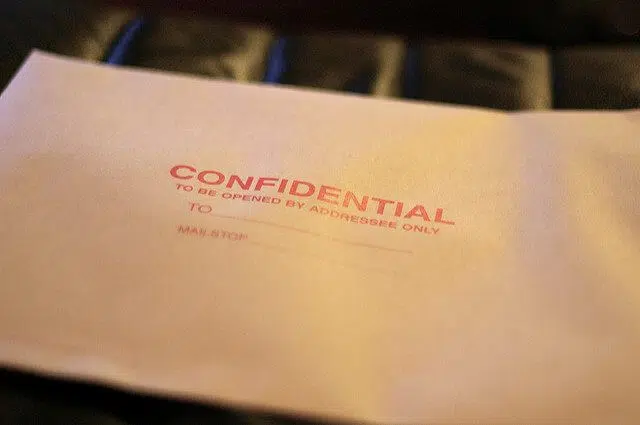The House recently passed a bill that provides a federal remedy for the theft of company trade secrets. The bill passed easily with a 410-2 vote in favor, sending the bill on to receive President Obama’s signature. The Senate approved the bill with no objections on April 4 (87-0).
Trade secrets are similar to patents, without strict criteria for novelty and usefulness and no expiration date. They are generally defined as a collection of confidential and highly valuable information that gives a corporation a competitive edge. A big difference between trade secrets and other forms of intellectual property (“IP”) law, however, has been in how legal battles play out. Prior to this new bill, trade secret disputes were handled in state courts, with federal law only dealing with criminal enforcement and prosecution for the theft.
The new trade secret bill, the Defend Trade Secrets Act (“DTSA”) covers everything from KFC’s secret spices to Coca-Cola’s formula and search engine algorithms for companies like Google. The hope is that creating a uniform federal system for addressing trade secret theft, it will have a powerful and widespread effect. State laws have thus far proven to be inadequate at managing this growing issue, mostly because each state can take their own approach to trade secret theft. This makes it an expensive and complicated system.
The new bill does have its critics, though. Some IP experts suggest that there is uniformity in state law already. Adding a new law that is designed to be combined with state law and not replace it could have an adverse effect and actually result in the stretching of adjudication costs and time.
But, good or bad, the bill is presently being described by some as the “most significant expansion of federal law in intellectual property since the Lanham Act in 1946.” In other words, this is long overdue.
It’s been estimated that trade secrets equate to approximately $5 trillion, and around $300 billion is subject to theft annually. Enactment of this bill will help to address these critical problems of trade secret theft, which doesn’t only cost the US economy billions of dollars each year, but also stifles innovation.
Organizations across the US have been pushing for reform to trade secret law for some time. They have reminded both the public and politicians that innovators are changing the world through the creation and introduction of new products and technologies. Creativity and innovation go to the heart of products made in the US and when competitors steal that information and research, it makes it increasingly difficult for companies to succeed.
Competition is acceptable and what our global market needs. But stealing ideas to avoid putting in the time and labor in order to produce another organization’s idea for cheaper isn’t competition.
To learn more about the proposed trade secret bill, DTSA, you can contact Revision Legal’s Trade Secret attorneys through this contact form or by calling 855-473-8474.
Image courtesy of Flickr user Casey Marshall.




